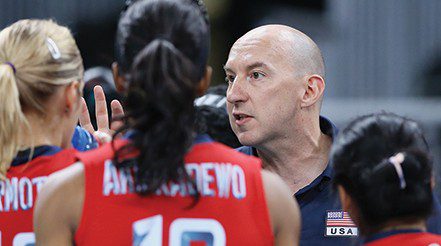
Photo courtesy of Bradley Owens
“You look like you could use a healthy dose of narcissism,” said no one ever. But some narcissistic qualities—like ambition, self-confidence, bold visions and opinions—are the stuff of great leaders, says business ethics professor Bradley P. Owens (BS ’02, MPA ’04). His latest research, published in the Journal of Applied Psychology, shows these strong characteristics are assets—so long as they are tempered by another characteristic: humility.
Q: You call Steve Jobs a prime example of a humble narcissist. Why?
A: Steve Jobs’s first try as the president of Apple didn’t end well—he was essentially ousted. People called him difficult to work with, obnoxious, arrogant, and narcissistic. Jobs likened the ousting to bad-tasting medicine that he needed. During his second try at Apple, people described him as “still being Steve Jobs” but as more open to giving feedback, advice, and praise. His narcissism was tempered with a little humility.
Q: Humility and narcissism sound like oil and water. How do they work together?
A: Opposing characteristics can work in tandem and foster a broad range of approaches to apply in different situations. A paradoxical blend of humility and narcissism can create an optimal combination—a sweet spot.
Narcissism is a complex of characteristics. Some are more toxic than others—like entitlement, an extreme sense of superiority, and demands for admiration. But then there are potentially useful aspects—like a desire to lead, a sense of authority, and a preoccupation with success. Our study proposes that humility works against the more toxic elements of narcissism. Humility is characterized by teachability, the ability to admit mistakes and limitations, and shining the spotlight on others.
Q: How can one cultivate humility?
A: Humility has been called a state, a trait, an orientation, a meta-attitude, a set of behaviors, and a virtue. From the data we have, I feel that humility is a malleable virtue. Like a moral muscle, it is subject to development or deterioration depending upon our willingness to practice. These tactics can help:
1) Try to gain an objective view of yourself. Regularly get feedback from subordinates, superiors, and peers to see your performance through their eyes.
2) Admit what you don’t know, and admit when you are wrong. This often leads to meaningful learning and growth, and it legitimizes these behaviors for others.
3) Appreciate and acknowledge the strengths of others.
4) Seek mentors or exemplars. Keep a journal where you document people who inspire you or who have achievements, qualities, or skill sets you want to gain. Those who are humble become students of the strengths of those around them.
5) Think less about yourself. As C.S. Lewis said, humility is not thinking less of yourself, it’s thinking less about yourself.









